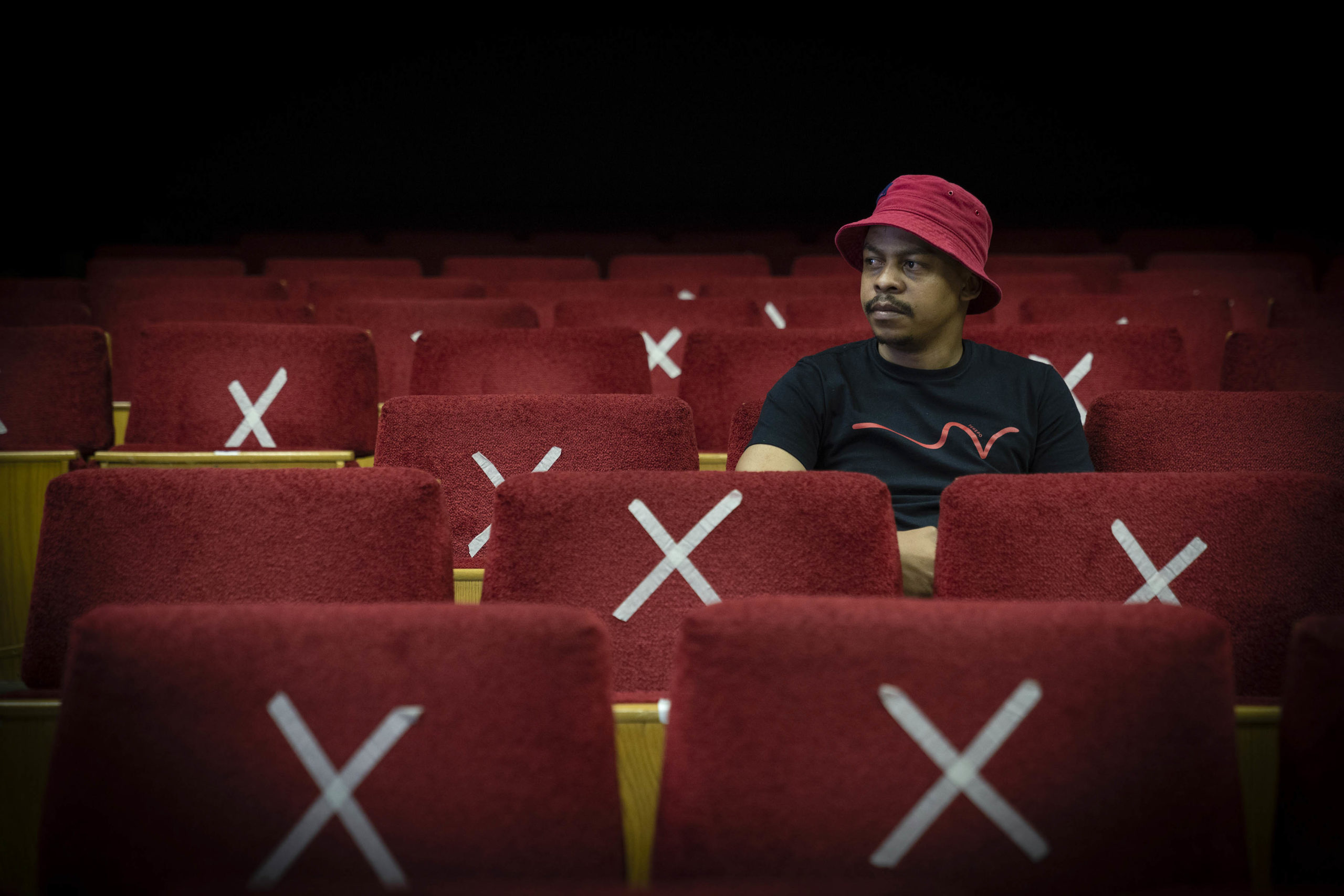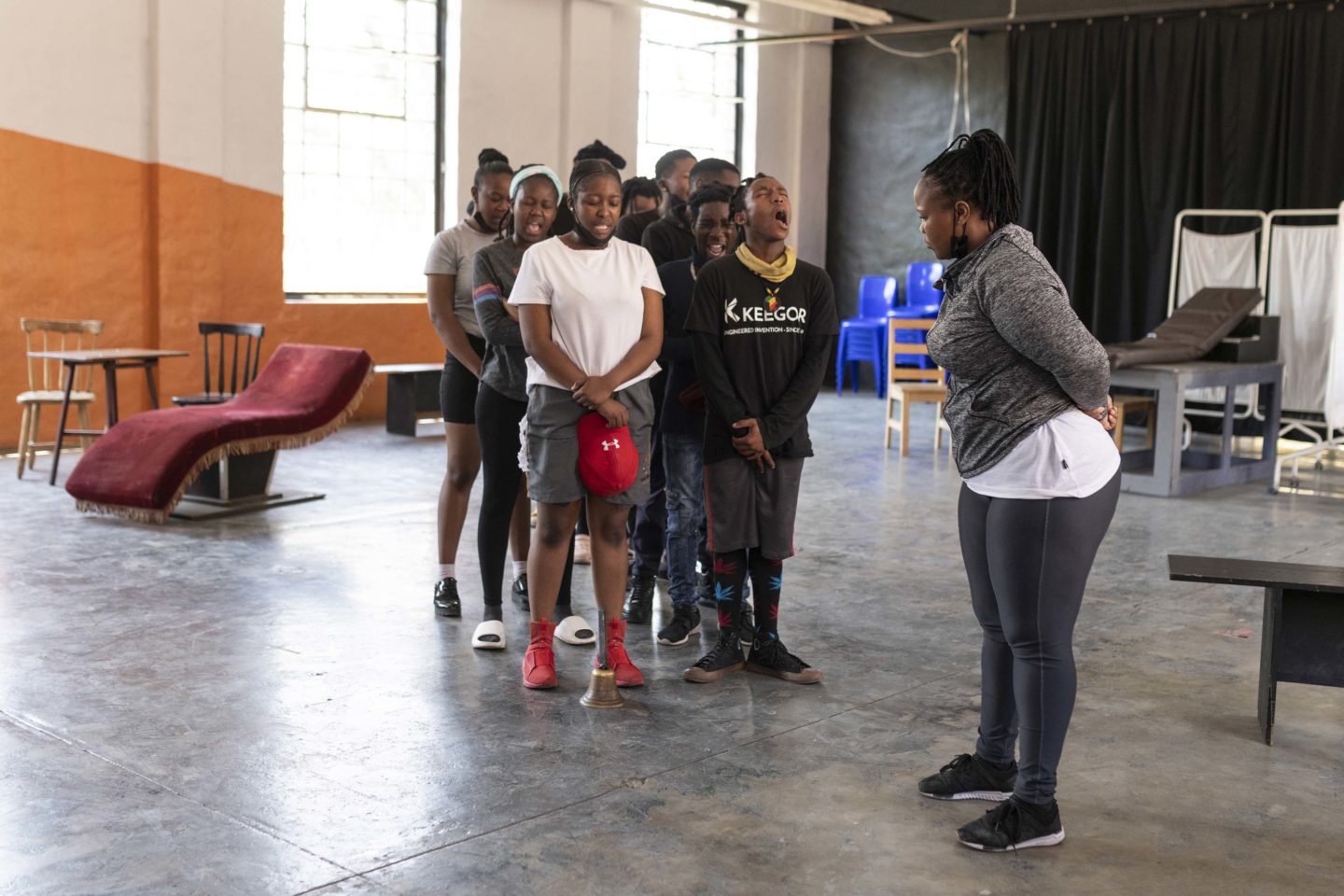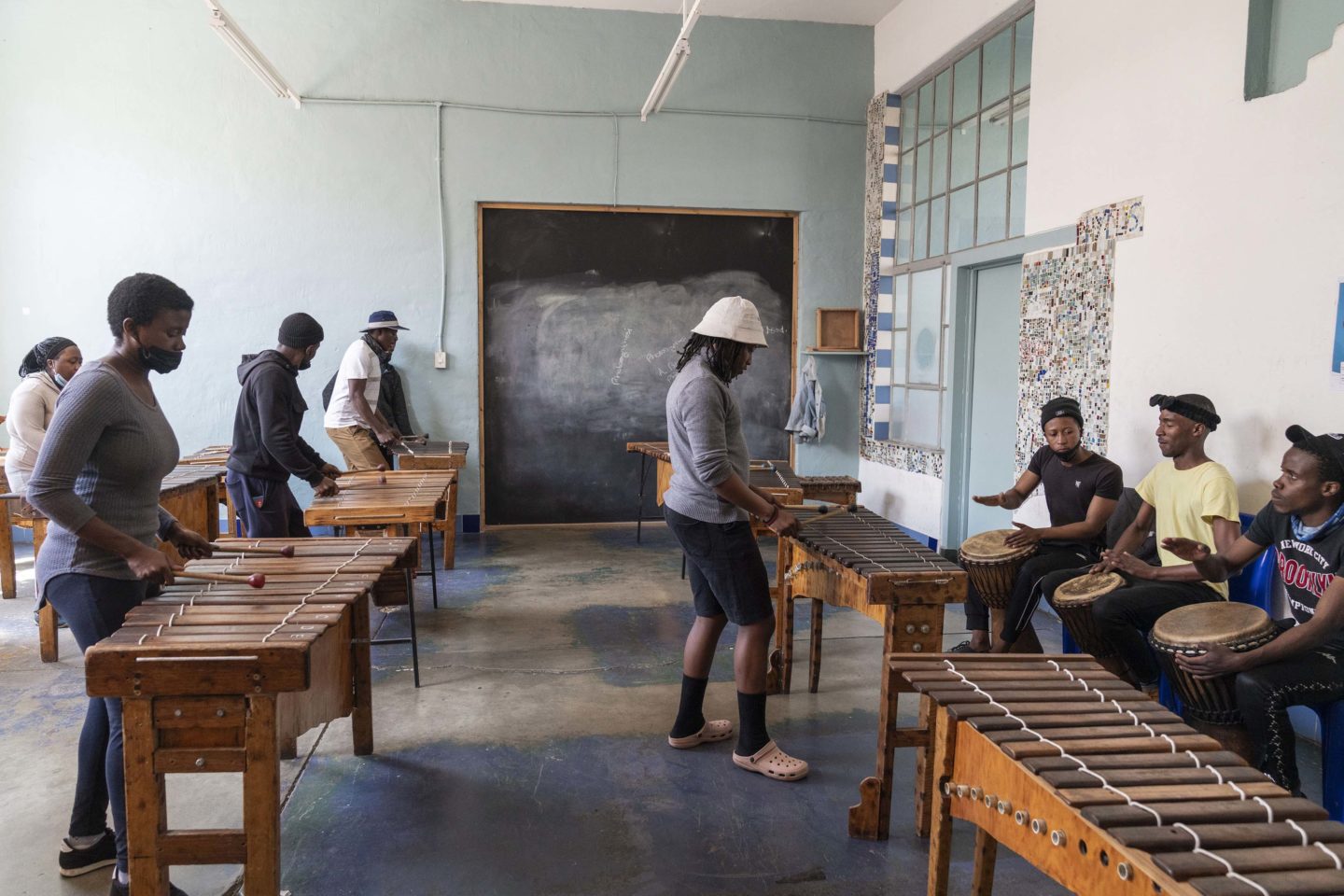Independent theatres create access to the arts
Small theatres give artists across disciplines a home in which to experiment and realise their artistic visions when they are shut out of South Africa’s traditional cultural spaces.
Author:
4 October 2021

Even as Covid-19 has ravaged the cultural and creative sector, in South Africa and abroad, independent theatre and cultural spaces continue to overcome the odds and produce quality, cutting-edge and provocative work.
Cultural spaces such as Gauteng’s Hillbrow Theatre in Hillbrow, Tin Town Theatre in Ferreirasdorp, TX Theatre in Tembisa, Alex Arts Academy in Alexandra, Luthando Arts Academy in Sebokeng and Sibikwa Arts Centre in Benoni, as well as those further afield like the Xclusive Spot Theatre in Polokwane, Shack Theatre in Khayelitsha and newly established Theatre in the North in Bloemfontein, are riding a new wave of creativity and giving artists across disciplines a home in which to experiment and realise their artistic visions.
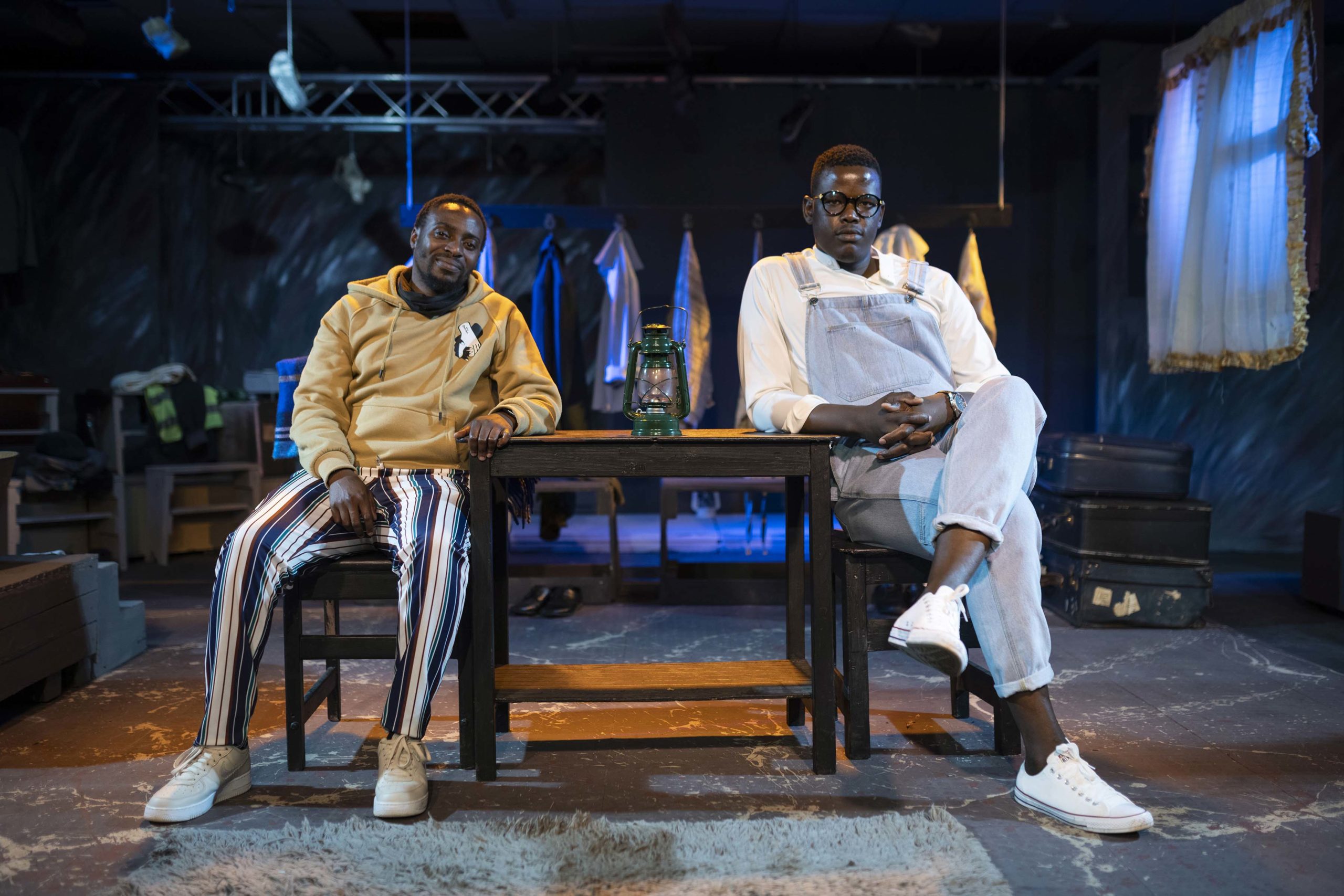
When speaking about how these “alternative” spaces came to exist, founders often express their frustration at having had doors shut in their faces and being told repeatedly that there is no space to accommodate their work in “mainstream” or formal spaces.
This was the case with the founding of the TX Theatre at the Moses Molelekwa Community Centre in Tembisa. Co-founder and managing director Mongezi Mabunda says “we needed a space where we can perform our work because major theatres were always full and would tell us that our calendar is full, please try next year. We received project funding and instead of using it all up on the project, we decided to buy theatre equipment and lights and start a theatre right here at the community centre.”
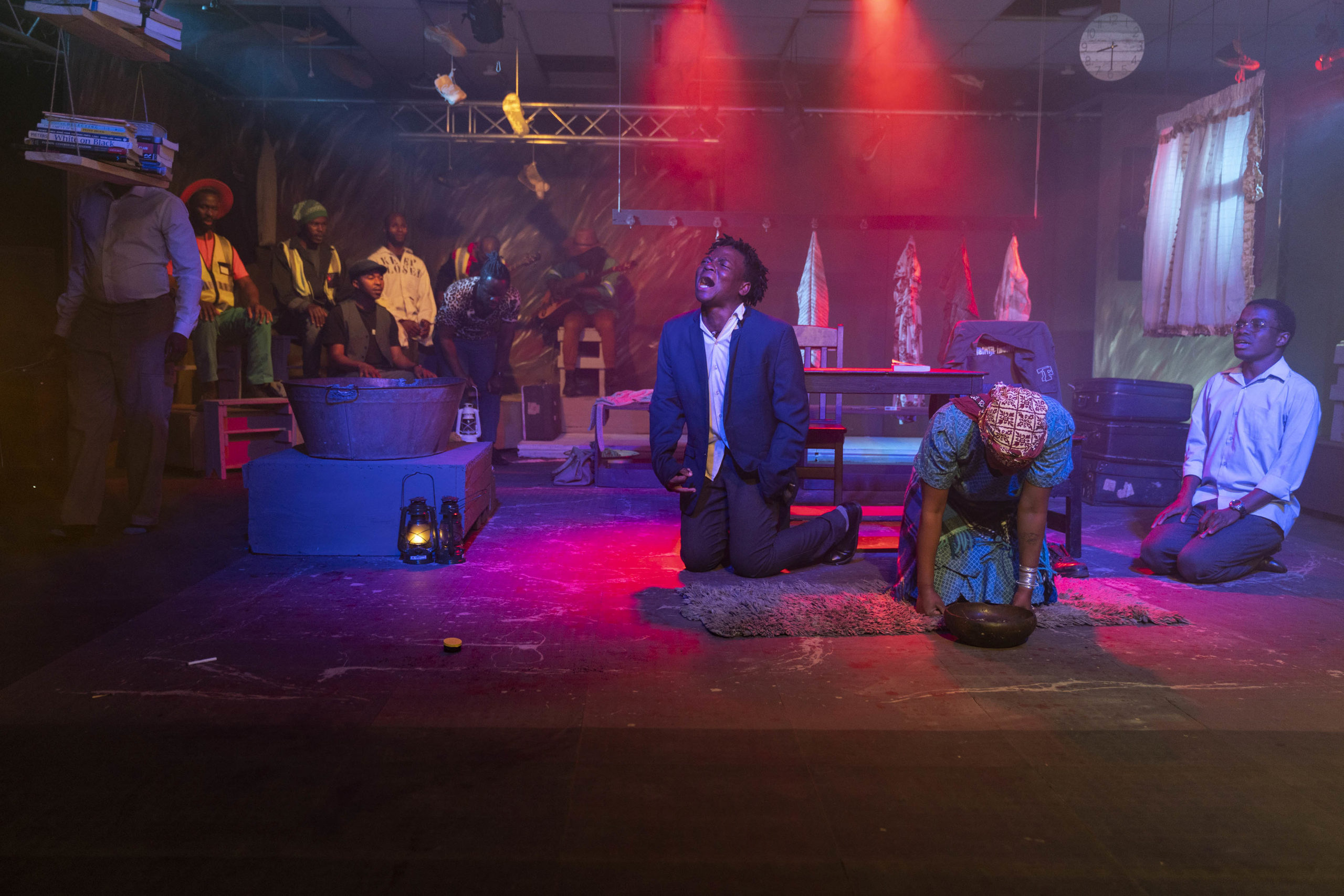
What stands out is how often these cultural spaces are run by young people, proving that if given an opportunity, young people are just as capable and equipped to run complex organisations as their more established contemporaries. The people these spaces serve are often impoverished and do not have access to traditional theatres as a result of apartheid’s spatial planning, despite the country’s rich history of widespread distinct and innovative theatrical forms.
TX Theatre co-founder and chief executive Mxolisi Masilela says that “when we started, people did not buy the idea that a professional theatre space could exist within the community [of Tembisa]. And every night we have different people who are not artists, just ordinary community members, coming into the space to consume theatre. And they buy tickets, so there is lots of support from the community.”
Rethinking independence
The Sibikwa Arts Centre is a 34-year-old cultural institution with a proud legacy and history. It was founded and run by Phyllis Klotz and Smal Ndaba but chief executive Caryn Green and artistic director Napo Masheane now run the Benoni venue.
Green says the idea of “independent” needs to be carefully deconstructed so it is not seen to mean that such spaces do not need support. “We still need support,” she says. “We still need support from government and the [Ekurhuleni] metro. We do not see ourselves as separate and without a relationship with government.”
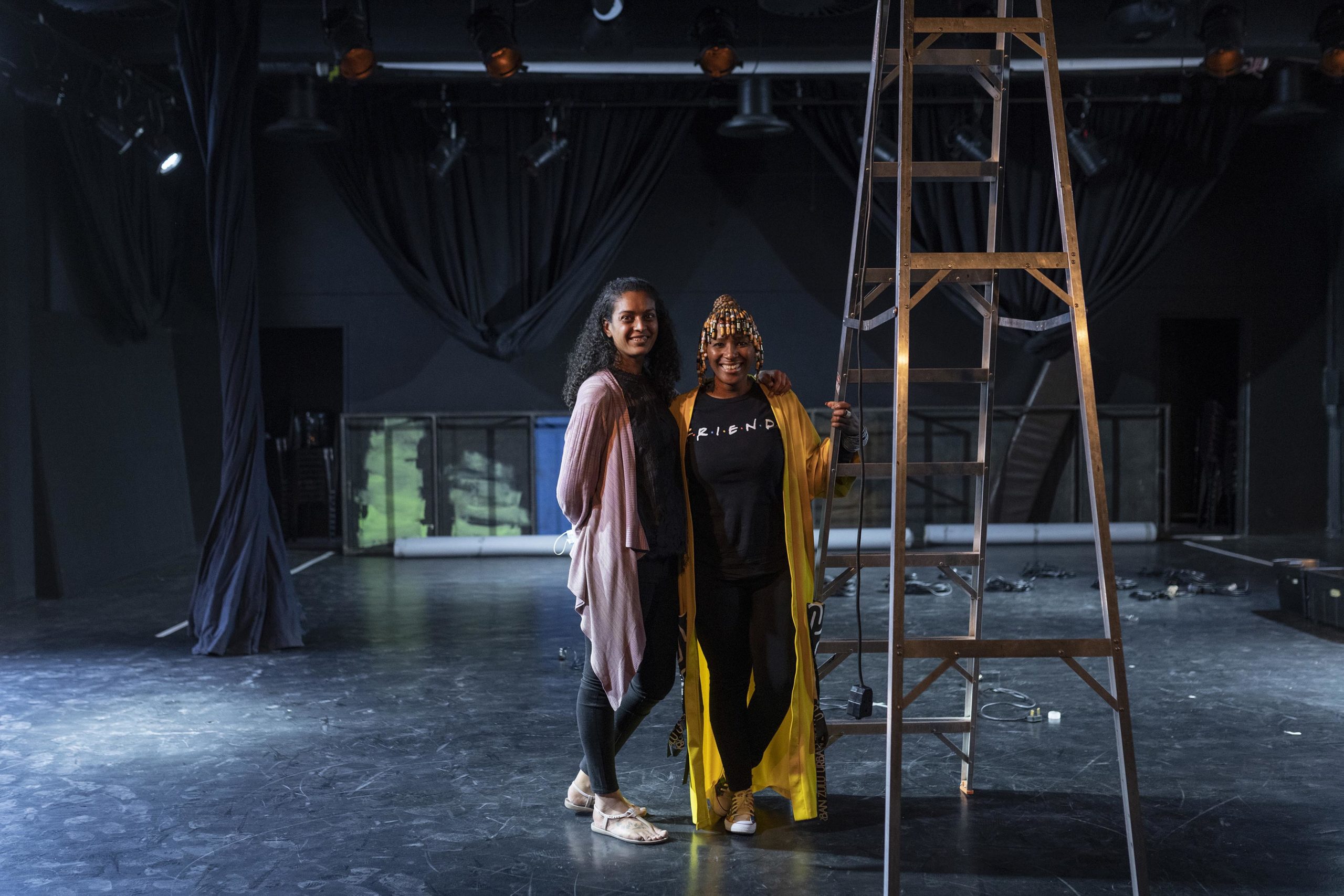
That these theatres and cultural spaces exist is mostly in response to the needs of creatives and people from the area, to provide predominantly young people with creative avenues for expression and development. Sibikwa, thinking about the importance of culture, has expanded its internships to include young people who have studied subjects like law and accounting, offering workplace experience that could lead to them finding more formal jobs.
This chimes with the way Gerard Bester says he thinks about the importance of theatre. Bester used to run the Hillbrow Theatre. At its peak, it ran a performing arts programme for school-going children and youth, culminating in the popular Inner-City High Schools Drama Festival. For Bester, the importance of such a space, especially in a densely populated area where crime is a challenge, was in helping to foster “a cultural identity … utilising the performing arts as a means of developing individual participant’s self-worth and confidence”.
A critical and collaborative role
Running cultural institutions, and indeed being a cultural worker, in South Africa is often a struggle. But for Sibikwa artistic director Napo Masheane – who wears many other hats, including those of poet, playwright and producer – creatives have always been resourceful and used different spaces to create their work. These have included churches and schools, which were used to establish community theatre that then became protest theatre. The play Woza Albert! was initially performed at Uncle Tom’s Hall in Soweto, and all these big musicals also started in community halls, says Masheane.
A multipurpose centre, the Alex Arts Academy at the Alexsan Kopano Resource Centre in the heart of Alexandra township is another space operating primarily as an arts academy, but with plans to construct a fully fledged theatre space. It is to be named after Selaelo Maredi, the local hero and respected actor who founded the Johannesburg-based Experimental Theatre Workshop in 1971.
Right: 13 September 2021: Students practise the marimba in a music class at the Sibikwa Arts Centre.
Moses Rasekele, who manages the academy, sees the role of these independent arts spaces as critical. He says the healthy exchange of work and programmes between independent spaces, culminating in what looks like a “theatre touring circuit” of sorts, can only be a positive development for the theatre sector. “The synergies we have between spaces are what has necessitated the formation of this circuit, where we support one another, give each other technical and staff support,” he says.
For Tin Town Theatre artistic director Tshepo Ratona, the goal of this similarly multifunctional space in Joburg’s inner-city, which is listed as a heritage building, is to “operate as a fully functional theatre, which does short seven-day seasons, with the aim of having 30 seasons each year”. The early staged readings of new work by playwrights such as Khutjo Green have developed into fully fledged productions, in keeping with the theatre’s mandate.
‘Theatres as theatres’
Mandisi Sindo, the founder of the Shack Theatre, started the Zwelitsha-based space in Khayelitsha, Cape Town, because “fellow artists or group mates struggled so much to get spaces to rehearse, run and showcase our talents, and that has been a barrier in us growing ourselves and our artistic capabilities”. He plans to establish similar structures in the Eastern Cape, around Cofimvaba and Komani.
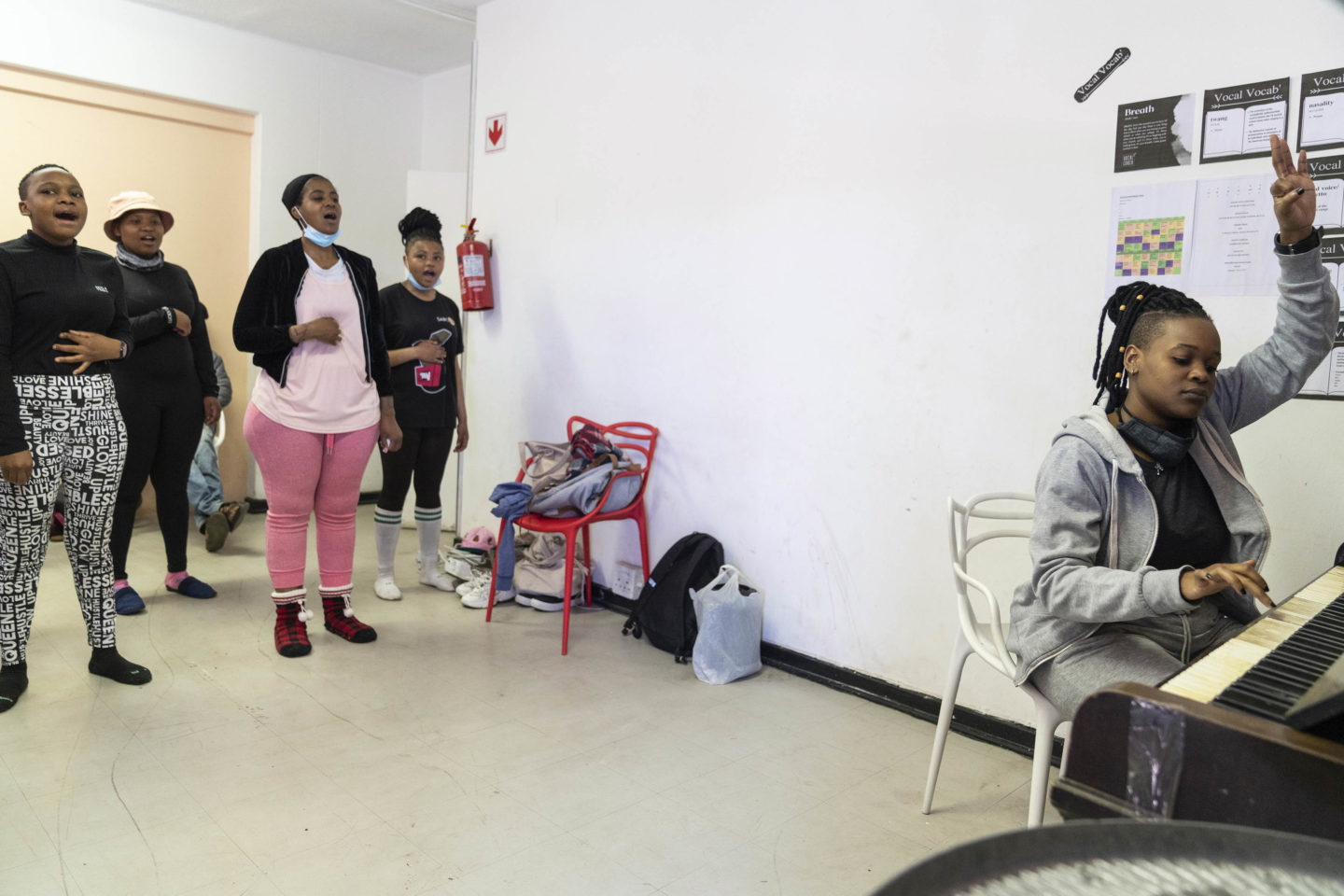
For these spaces to continue to produce work, they need the support of the people they serve as well as local and national government departments and entities. As Masilela bluntly puts it, “support does not exist. The problem is not the support but the people leading the municipality. They do not understand what is happening.”
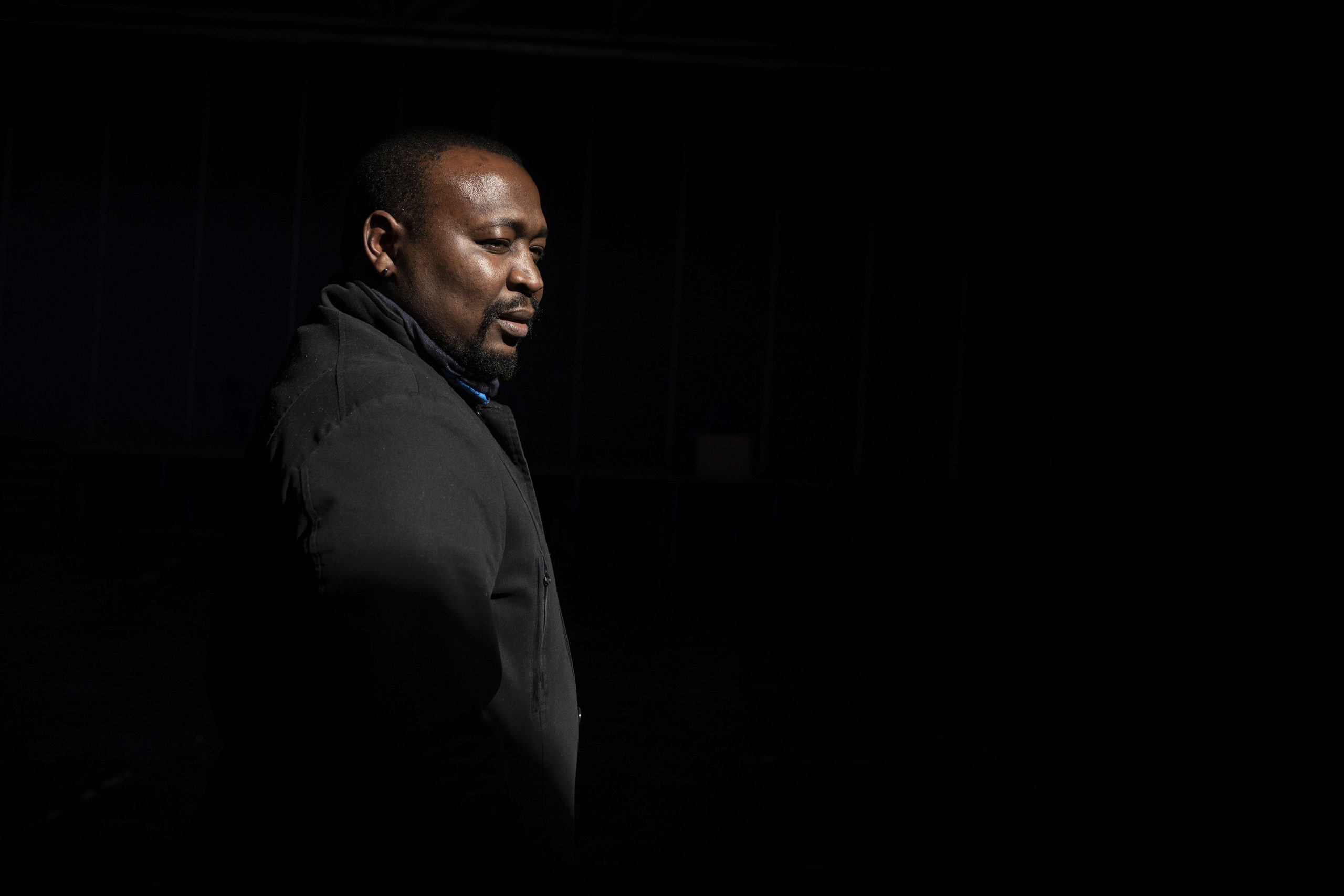
In the end, he would like to see “theatres as theatres, not alternative theatre spaces or community theatre, but theatre being seen as theatre”, with respect for the cultural practice and its workers being accorded across forms, disciplines and spaces.
